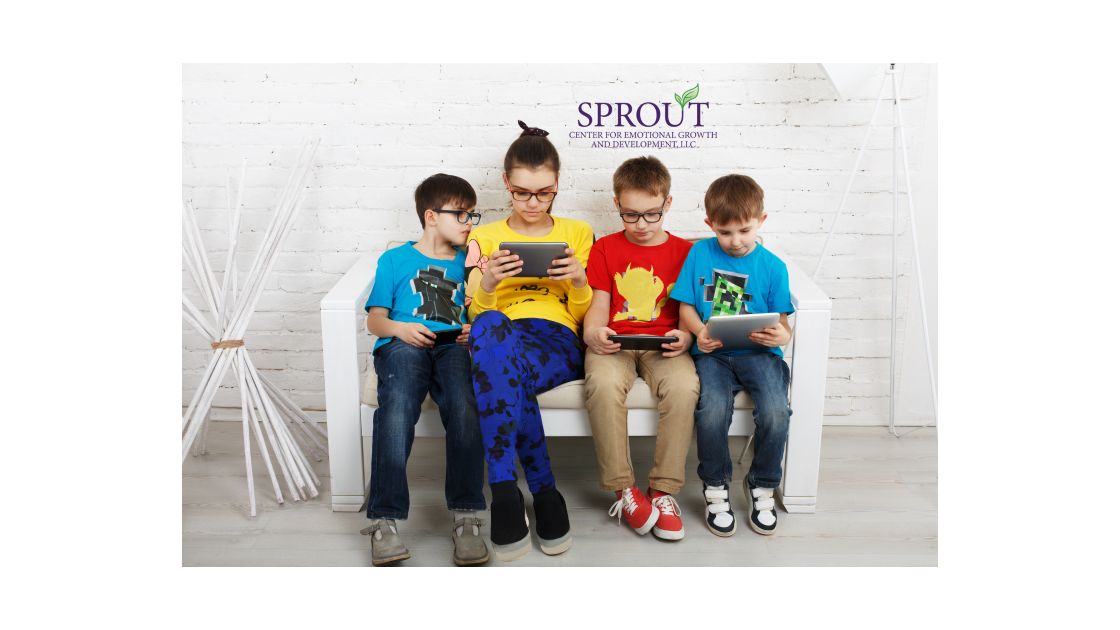As a therapist, I was curious about “Mental Health TikTok.” So, one afternoon I opened TikTok, typed “mental illness,” and jumped down the rabbit hole. I quickly found the hashtags: #thisisdepression, #doihaveanxiety, and #mentalillnesschallenge. I also noticed bold statements such as “Anxiety attacks you didn’t know were anxiety attacks,” and “Only people with bipolar disorder will relate.” One video even had me put up 10 fingers and then put a finger down for each symptom of anxiety. When the video was done, I had 2 fingers left standing, wondering “Now what?”
Knowing that the age range that most commonly uses TikTok is highly susceptible to the influence of social media, and keeping in mind my own experiences browsing the platform, and I wanted to share the most important things for parents to keep an eye out for when it comes to social media and mental health.
Consider the source: While these videos may be well intentioned, many of the videos are being created based on someone’s own experience – not the expertise of a licensed professional. To find better information, keep an eye out for the videos clearly indicating that the creator is a trained mental health professional.
Avoid bold and all-encompassing language: “How to fix depression,” “Symptoms you didn’t know were bipolar disorder,” and “Things mentally ill teenagers do” may be catchy headlines, but are also often misleading statements. They exaggerate what could be considered a typical human experience, like having trouble concentrating on uninteresting tasks.
There is no one-size-fits-all when it comes to therapy: Everyone has their own unique ways of expressing themselves, and the same goes for mental illness. What a therapist might recommend to one client with OCD could be harmful for another client with the same diagnosis. Your child is a unique person with unique experiences, and mental health treatment should consider those factors.
In the end, while there are positive sides to exploring mental illness on TikTok, such as normalizing common experiences, only a trained professional can diagnosis and treat mental illness. If your child is spending a lot of time on “Mental Health TikTok,” the best next step is to put down the phone and talk to your child or teen. And if there are real concerns, seek out a mental health professional that can help you to determine the next steps to take to support your child in their mental health.
Sarah McDonald, LPC
